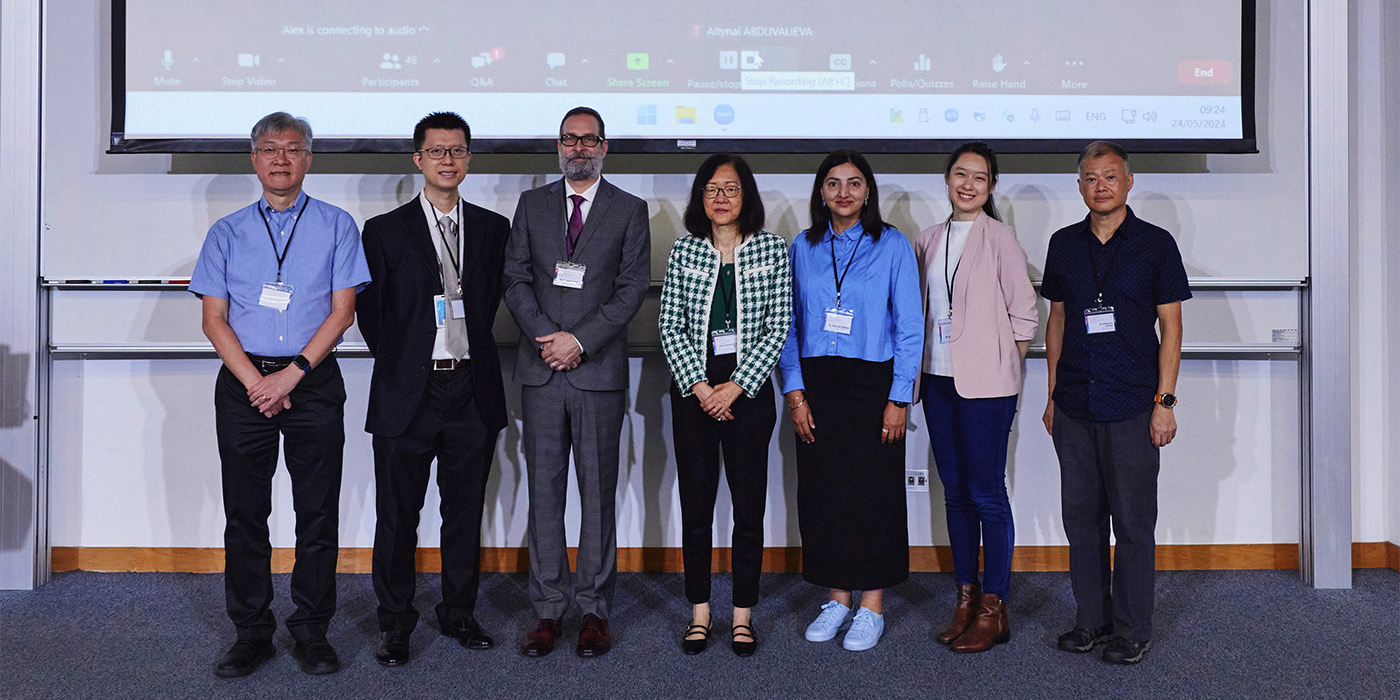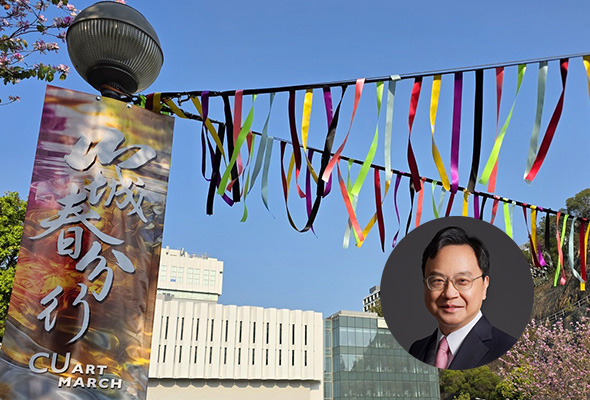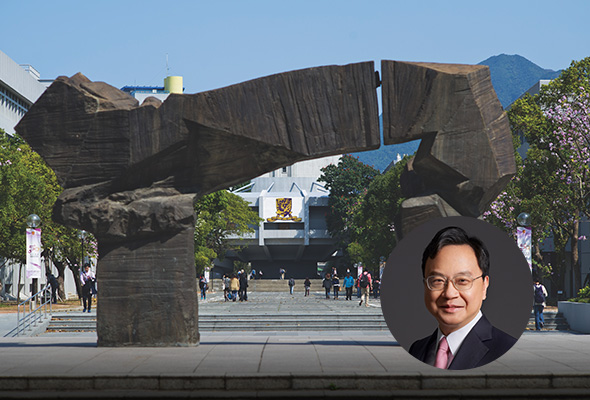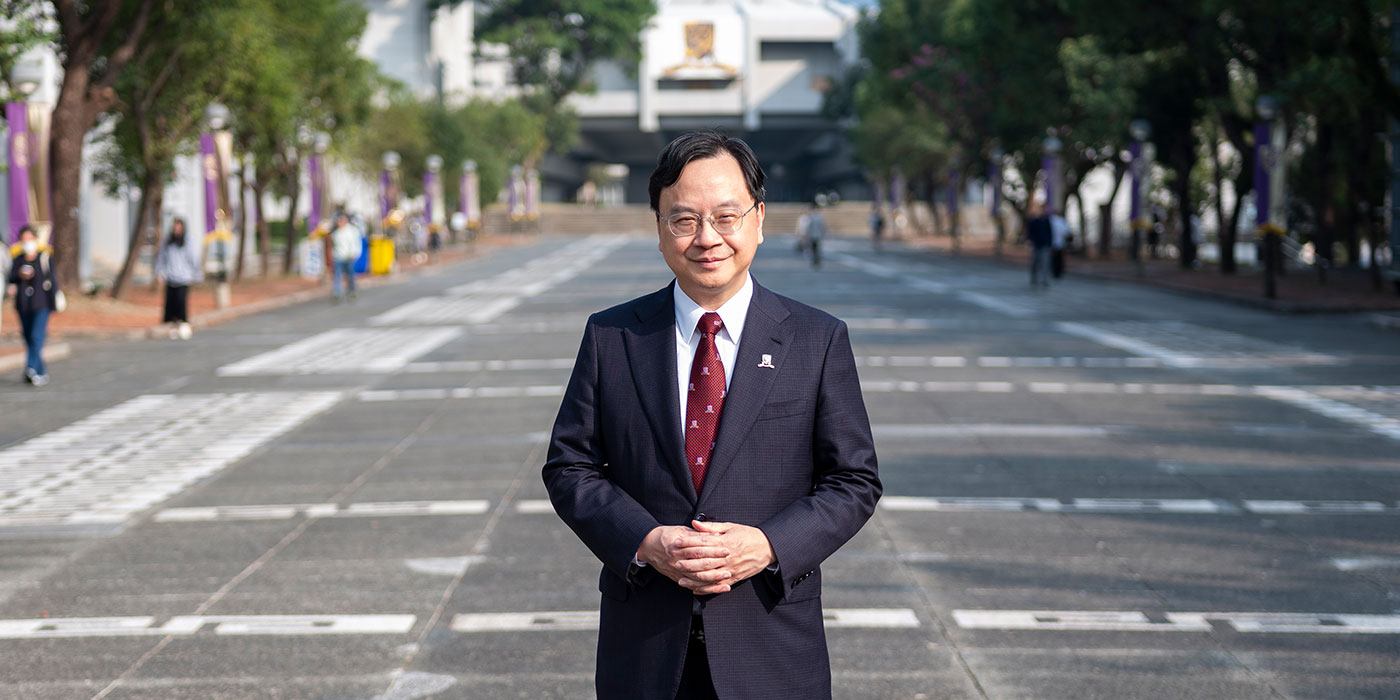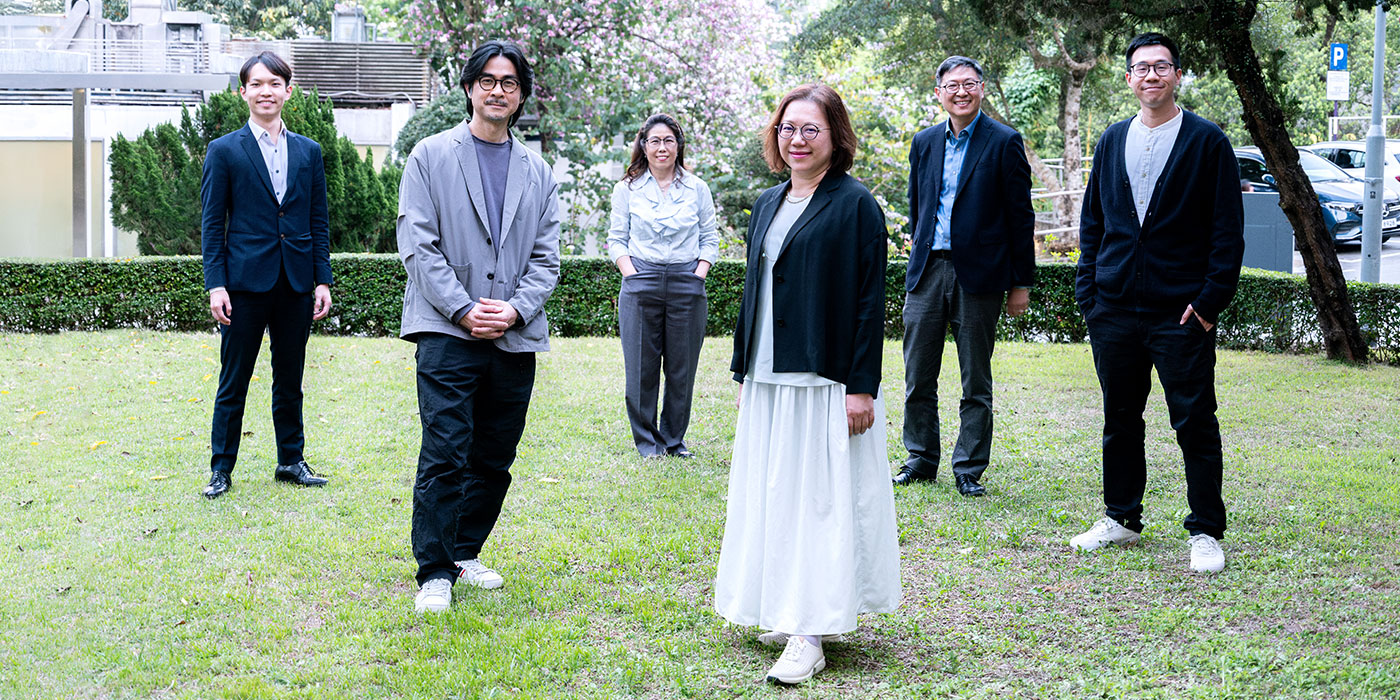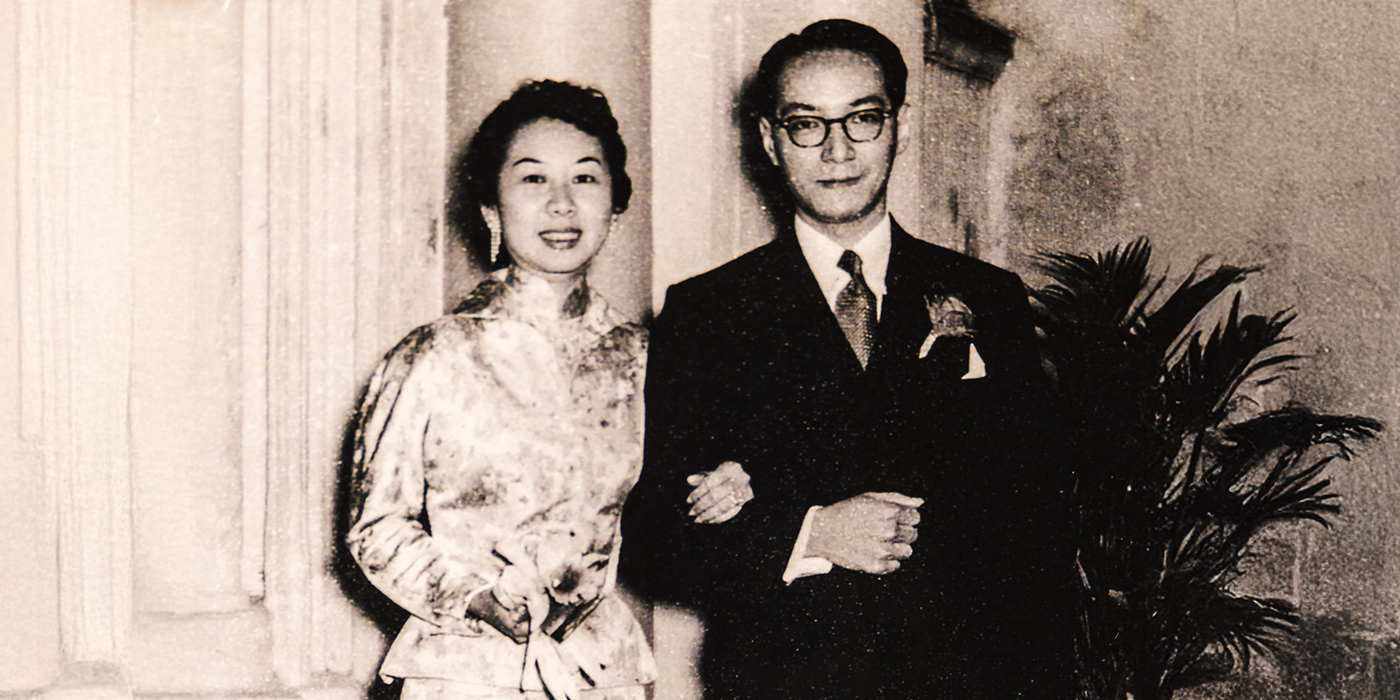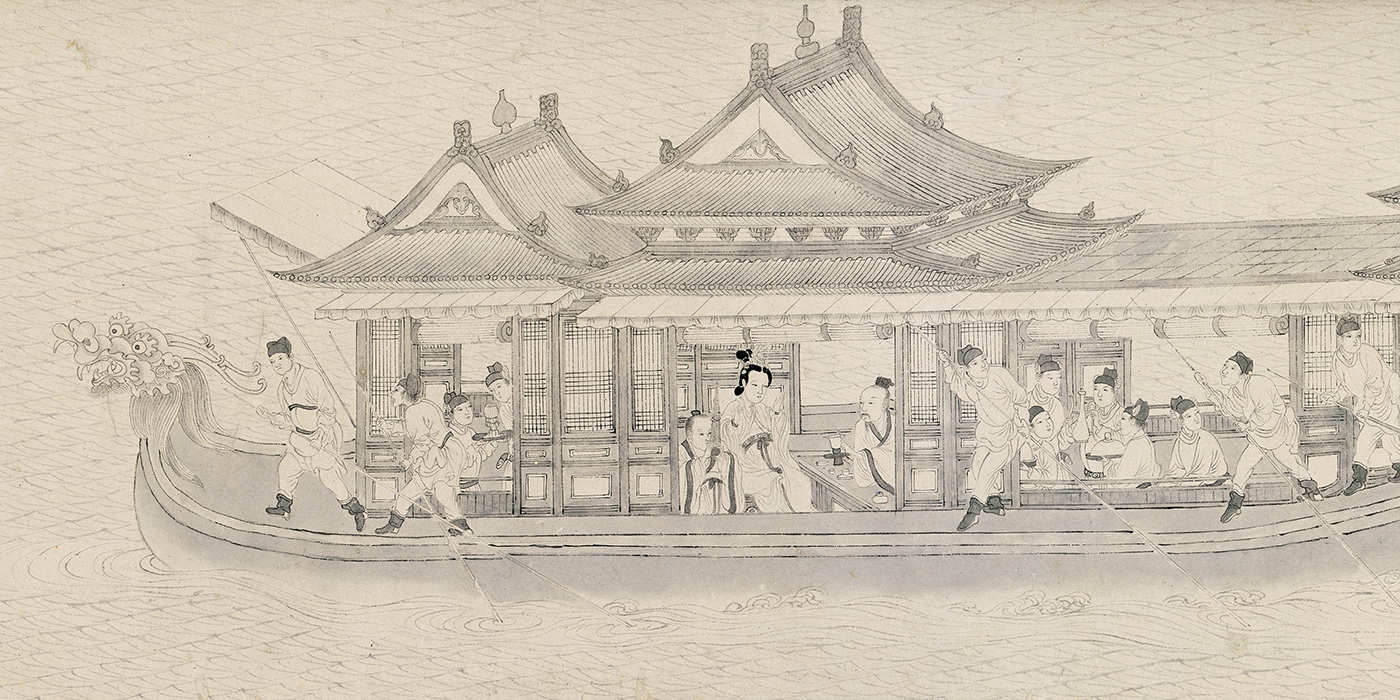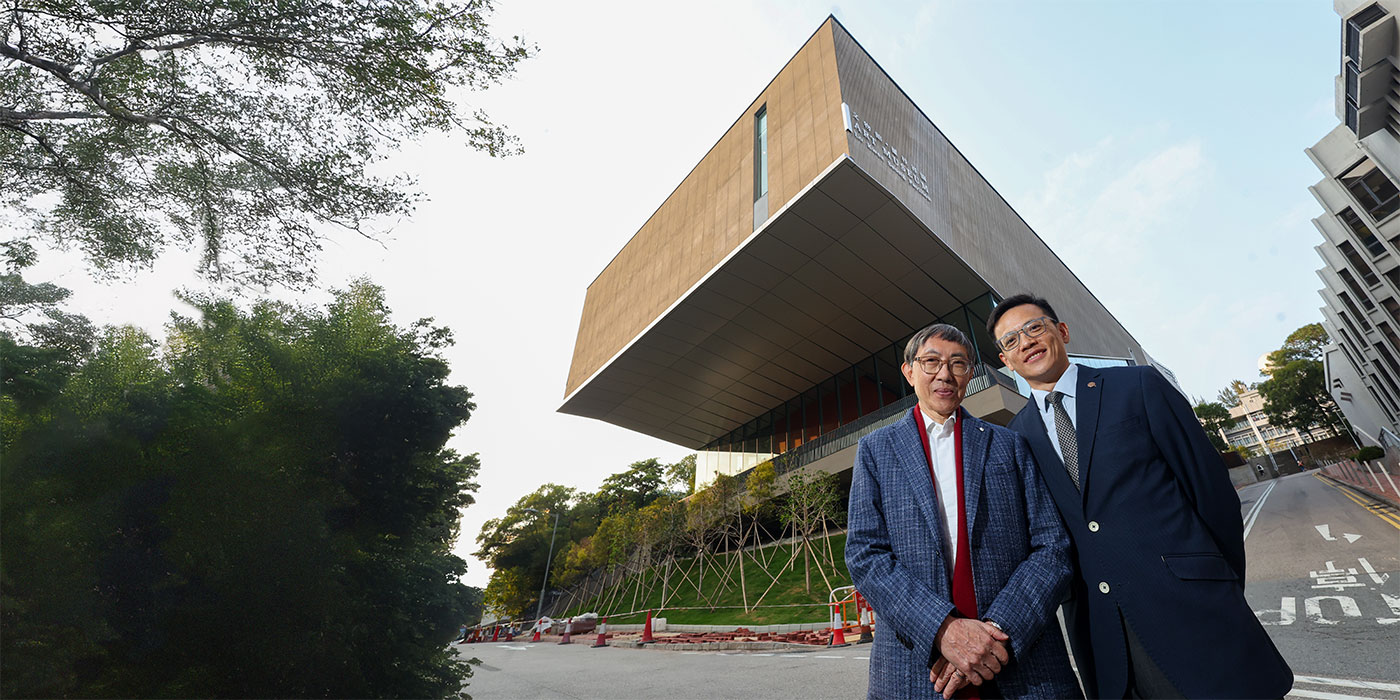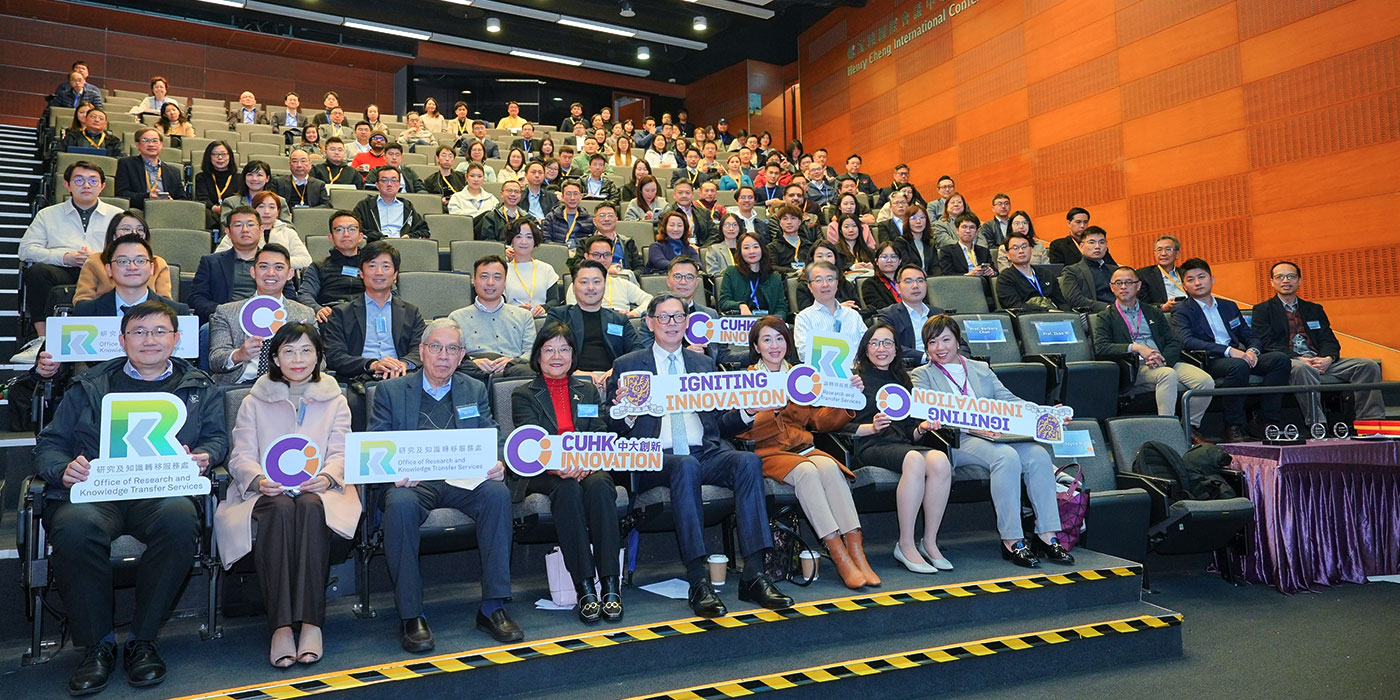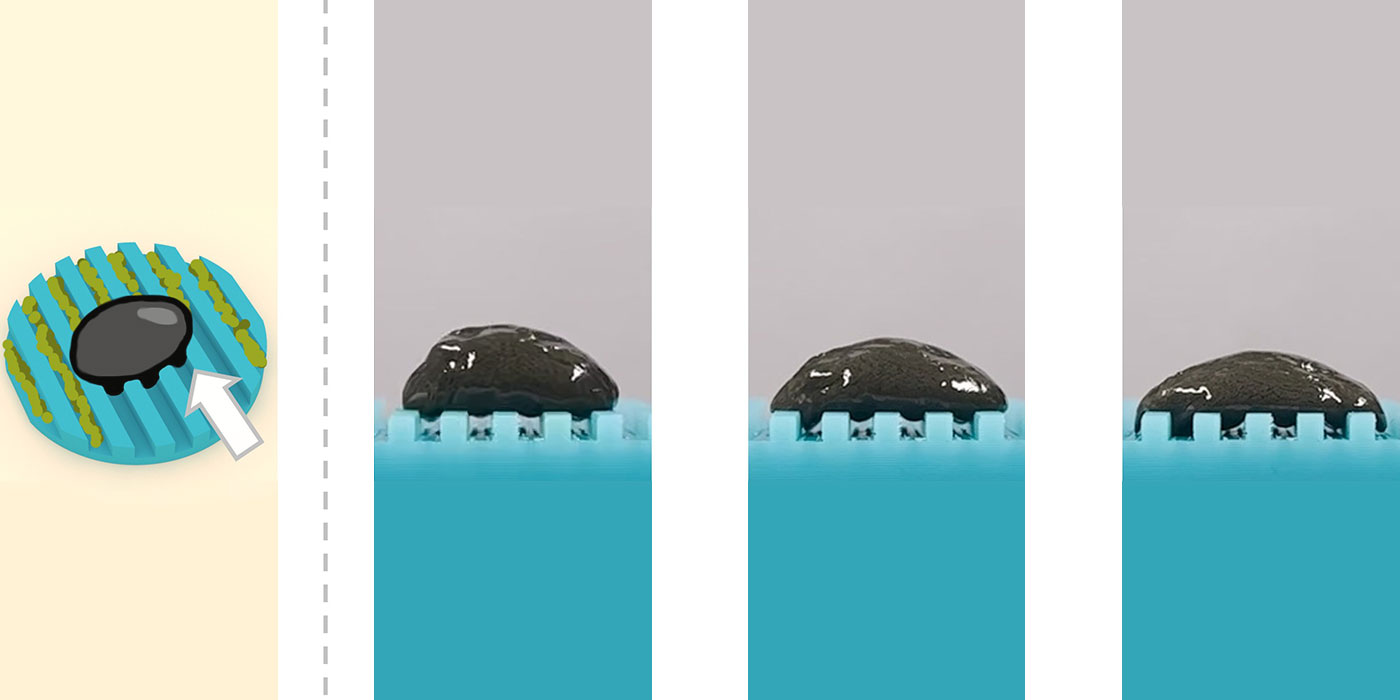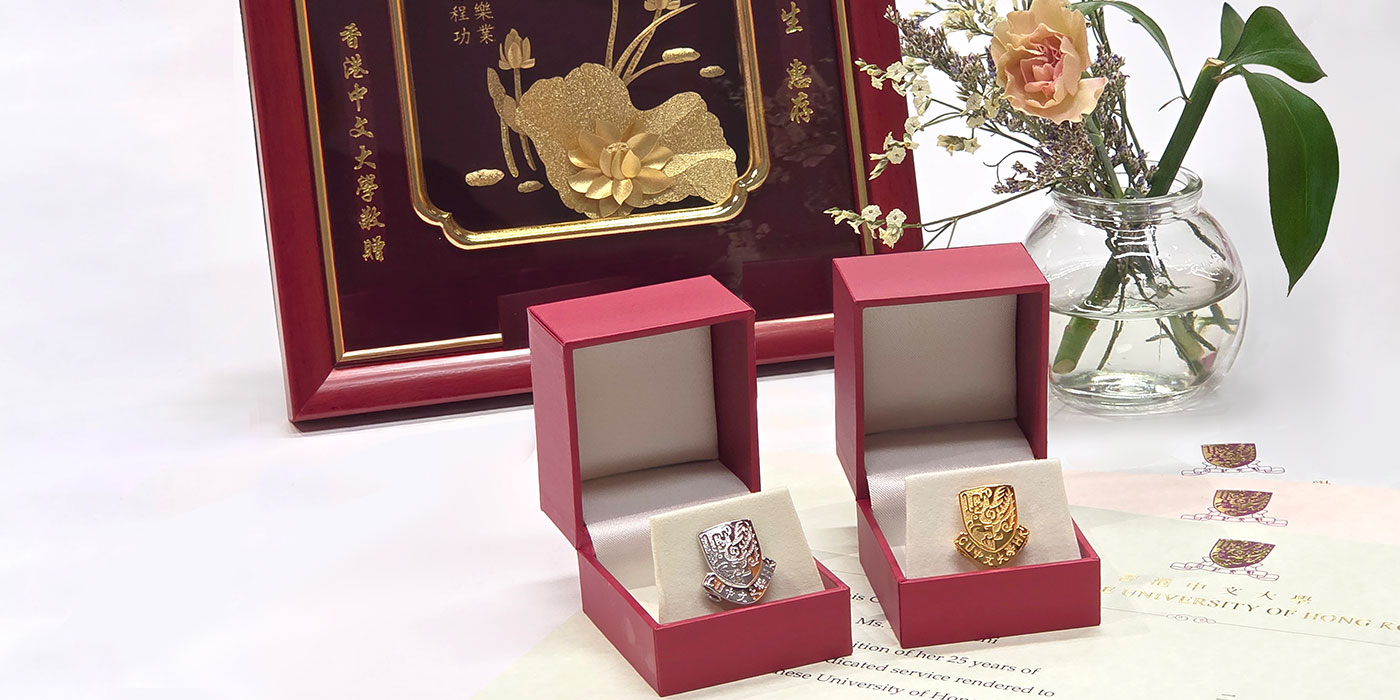CUHK hosts 1st International Symposium on Humour Pedagogical Approaches
CUHK hosted the 1st International Symposium on Humour Pedagogical Approaches on 24 May at the Esther Lee Building. Jointly organised by the Chinese University of Hong Kong, City University of Hong Kong, Hong Kong Baptist University, the Hong Kong Polytechnic University, and the University of Hong Kong, approximately 100 participants joined face-to-face and on Zoom.
The symposium brought together scholars, educators, and practitioners from around the world to present their studies and practices on the theme of “Enhancing Teaching and Learning with Humour”, providing a collaborative platform for participants to discuss the challenges, opportunities, and emerging trends in incorporating humour into teaching and learning.
A total of 11 experts gave their insights into humour pedagogy. Topics discussed included the appropriateness and relevance of humour, interpersonal synchrony and communication, and ways to boost online engagement.
“Humour pedagogy is a very important topic,” said Professor Cecilia Chun Ka-wai, Director of CUHK’s Centre for Learning Enhancement and Research. “What is important is that students are engaged, both inside and outside the classroom, and they are actively participating.” Humour, she said, allows students to enjoy the lessons, to laugh, and to remember what is being taught.
During his opening remarks, Professor Wong Kam-bo, Director of the School of Life Sciences, stated his belief that passing down knowledge to the next generation is an important duty of academics, which is why it was exciting and interesting to analyse why and how humour works in enhancing teaching and learning in higher education.
During the symposium, the gathered academics agreed on the power of humour as pedagogical tool that can potentially leverage students’ motivation and engagement, promote student-teacher rapport, relieve academic stress and even enhance student performance if used appropriately. The symposium called for attention and care on using the right types of humour for teaching, and to facilitate the establishment of a new international community, based in CUHK, of the practice of humour pedagogical approaches.

